It all started with a TikTok. I was up later than I should’ve been (as per usual), thanks to the app’s addicting algorithm, when a 13-year-old girl graced my for-you page. Her video focus? “Icebreaker,” a seemingly innocuous romance book featuring a cartoonish hockey-player-figure-skater duo. The thing is, “Icebreaker” shouldn’t be marketed towards 13-year-olds, both because of the “mature content” inside the front cover and the fact that it’s marketing subpar literature to younger generations.
And it’s more than just “Icebreaker” that’s causing this issue. Booktok—TikTok’s subcategory for literary-minded individuals— has morphed into a cesspool of badly written, plotless rom-com novels, which are revered by teenage girls and middle-aged women alike. Although, I’m a bit of a snotty reader with a cynical outlook on modern literature, so what better to do than approach each with a neutral, open-minded attitude and see for myself: are Booktok books worth the hype? Eight of BookTok’s most popular choices made it onto my reading list, running the gamut from fantasy to romance and plain old classic fiction. Over a month-long period, I worked my way through each one, and the experiment yielded some surprising results.
“A Court of Thorns and Roses” by Sarah J. Mass (2015)
My rating: 3.5/5
Sarah J. Mass’s 2015 fantasy novel “A Court of Thorns and Roses” is decidedly not unique. Detailing the life of Feyre, a lowly human living in a world where fairies (stylized as faeries) and their noble high fae counterparts live divided from the mortal realm. Both mortals and faeriefolk are filled with a millennia-deep hatred for the other, and tensions arise when Feyre murders a disguised high fae. As punishment, she is forced to spend the rest of her days in the faerie kingdom of Prythian, as a prisoner of the other high fae lords. She is soon faced with the harsh reality of how both Prythian and the mortal continent are facing imminent peril.
Rather than weaving a new fantasy world within her writing, Mass pulls from modern classics, restructuring storylines and plot points. Main character Feyre’s life bears striking resemblance to Suzanne Collins’ 2008 heroine Katniss Everdeen from “The Hunger Games;” both are cynical and described as “non-feminine,” hunt to provide for their families and live in poverty. Towards the end of the book, Feyre must complete three trials to free her love interest from enslavement, and the format of these tasks greatly mirrors the tasks that “Harry Potter and the Goblet of Fire” revolves around.
Another concerning aspect? After a shockingly short period of time, Feyre falls in love with her captor, Tamlin, in a Beauty-and-the-Beast-esque sense; although he is kind-hearted, perpetuating the idea that Stockholm Syndrome is “normal” should not be something that modern writers aim to do. This is especially true since “A Court of Thorns and Roses” is marketed as a young adult novel, and many middle schoolers and younger high schoolers are therefore reading things they should not be, including graphic scenes with mature themes.
One thing that Mass does well, however, is setting her story amidst faeriefolk that—unlike the fairy tales of childhood—are vicious and villainous. Doing so provides an interesting contrast, and the faeries she writes about do not resemble the typical either; instead, they are often gargantuan and cruel-looking.
“A Court of Thorns and Roses” does have multiple sequels, but after working my way through the first book, I’m not sure if the successive ones are worth my time. Mass’s use of standard fantasy elements just isn’t enticing. If the heroine could have avoided falling for her captor and all the successive troubles that followed, I would have liked “A Court of Thorns and Roses” considerably more.
“Ugly Love” by Colleen Hoover (2014)
My rating: 3/5
Following “A Court of Thorns and Roses,” my mental bar for the rest of my booklist was already low. Despite being a complete shift from the fantasy world of Prythian, “Ugly Love” still lacked the depth and plot I’d been hoping for. Published in 2014, Colleen Hoover’s fan-favorite is particularly loved by BookTok. In short, main character Tate (a reasonable 23-year-old) moves in with her older brother Corbin while in nursing school. Soon after, she meets Miles Archer, her guarded and stunningly good-looking neighbor, and is immediately smitten. It doesn’t matter that he is more afraid of commitment than a cat is of water—Tate just has to change him.
My main issue with “Ugly Love:” throughout the book, there is little to no character development. Tate has no real hobbies or interests besides Miles (that I can see), and her nursing career feels as if it was included by Hoover only as a plot filler. And, although Tate does succeed in gaining Miles’ affection eventually, “Ugly Love” is just another book perpetuating the toxic “I can fix him!” misconception—not exactly something we should be holding as true.
One thing that “Ugly Love” does well, however, is the ending. Despite the book’s monotonous previous chapters, at about 80 percent of the way through, things start to look up for Tate. Although the way she gets there isn’t necessarily worth the wait, I felt a tiny spark of joy knowing that she would live out her happy ending.
“Fourth Wing” by Rebecca Yarros (2023)
My rating: 4.5/5
As it was the second fantasy book in my reading journey, I expected “Fourth Wing” to be redundant and, quite frankly, boring. I’m not a huge fantasy reader; following along with intricate, made-up worlds isn’t generally my first choice in a story. The synopsis struck me as that of yet another Harry Potter wannabe—”famous” main character goes to a special school, then turns out to be remarkable. And yes, “Fourth Wing” did fit that criterion. The book does set itself apart from other fantasy novels, however, because of the fact that the storyline is a more matured version of your childhood favorite. Yarros takes the themes of romance and violence to another level; from the very first chapter to the last page, you’re unsure of how the ending will turn out, which is always appreciated.
“Fourth Wing” follows the educational trials and tribulations of Violet Sorrengail, daughter of an infamous military general. Unlike her family, however, she is not built like a warrior and reluctantly joins the Dragon Riders Quadrant, a military academy but fantasy-style. Navarre, the main continent, is besieged by raids and attacks from neighboring nations, requiring a strong military presence and the academy. There, her underwhelming physical performance is punctuated by academic excellence, which impresses (and intimidates) her peers. It also bonds her with not one but two dragons, which is unheard of at the time. As it appears, Violet is a genius.
Another thing that “Fourth Wing” does well is its enemies-to-lovers arc between Violet and her main rival, Xaden Riorson. Generally, I’ll scoff at romantic tropes and condemn them as “silly,” but somehow, this one worked for me. I was rooting for their relationship throughout the book, and was not disappointed.
As BookTok books go, “Fourth Wing” was a refreshing read following its subpar predecessors. The length (nearly 500 pages) was slightly off-putting, but overall worth the commitment. It’s a book I would read again, and relish in doing so.
“Normal People” by Sally Rooney (2018)
My rating: 2.5/5
The fourth of my list, “Normal People” proved to be a colossal disappointment, only made worse by the fact that I truly expected it to be a good read. The story, set in the near-present day, chronicles the life and relationship between Marianne and Connell, both from opposing backgrounds. We meet the pair as they are about to graduate high school, then follow their romance throughout college and beyond.
However, I’m not sure I can really detail Connell and Marianne’s story as romantic. They never have a true relationship, just a very emotionally dependent history without an actual boyfriend-girlfriend label. When they first meet, Marianne is lonely and comes from a wealthy family devoid of affection. Connell has a healthy relationship with his single mother, but is “poor” by their hometown’s standards. He is the stereotypical popular boy and falls for Marianne despite her shy, overly serious nature. They have an on-again, off-again friends-with-benefits-esque dalliance for the next five years, but despite their close emotional bond, it never turns serious.
Frustratingly, neither character overcomes their respective challenges by the end. Connell, who suffers from extreme anxiety, goes to therapy exactly once before the storyline is completely ignored throughout the remainder of the book. Marianne never confronts her masochistic side and heals from childhood abuse like I expected (and hoped for) her to do.
Maybe the pair do resemble the “normal people” the book is named for, but I still wouldn’t say that the normalcy was delivered well. I read books to escape the monotonous, depressing parts of life, not make them more prominent. If you’re looking for an emotionally heavy book without any character development, then “Normal People” is for you.
“The Love Hypothesis” by Ali Hazelwood (2021)
My rating: 3.5/5
Considering that “The Love Hypothesis” is originally based on a “Star Wars” fanfiction, I’d say it did a pretty solid job of both keeping me entertained and having a substantial plot. Hazelwood’s rom-com-esque story centers around Olive Smith, a third-year PhD candidate and self-certified nerd. In a moment of desperation, she kisses Adam Carlsen, a douchebag professor who’s known for being exceptionally hard to get along with. Their relationship morphs into a mutually beneficial fake love story that (you guessed it) eventually leads to genuine feelings.
Although “The Love Hypothesis” does feel slightly cheesy throughout, it’s also very sweet. Adam is very protective of Olive, but not to the point where he cramps her individuality or makes her appear weak and helpless. It’s like Jenny Han’s “To All The Boys I’ve Loved Before’s” (TATBILB’s) older, dorkier cousin. As someone who really loved Han’s books when they first came out, I appreciated how Olive shared some of the same characteristics of “TATBILB’s” main character Lara Jean Covey: self-deprecating humor, niche interests and an incredible friend group, just to name a few.
My one complaint is that “The Love Hypothesis” does feel less academic than what I generally like to read. It’s to be expected, coming from the literary recommendations of TikTok, but considering that the story does revolve around PhD candidates, I would have liked some more sophisticated writing. Hazelwood did notably incorporate the word “petrichor,” which describes the smell of rainfall, not once but twice, but that’s as far as the academic words went.
I would read “The Love Hypothesis” again, despite its somewhat predictable ending. If you’re looking for a heartwarming, quick read, it’s the perfect choice and will leave you feeling warm inside after each chapter.
“Icebreaker” by Hannah Grace (2022)
My rating: 2/5
In all honesty, after laboring through 400-plus pages of nonsense, I cannot name a single interesting thing that happened in “Icebreaker.” The plot is redundant, predictable, and just plain slow. You could flip open a random page in a random chapter, start reading, and you wouldn’t be confused because nothing would have happened beforehand. All that I could really gather is the whopping amount of drama between hockey and figure skating, which only worsens when the two groups are forced to share an ice rink.
“Icebreaker” reads like it was written by a lovesick preteen, which clocks out since it originated as a Wattpad “novel”—even calling it a novel is an insult to good-quality literature. Main character Anastasia “Stassie” Allen has no hobbies—she admits this herself—and her only personality trait is that she competes in pairs figure skating. Despite the fact that her hockey-player love interest, Nathan Hawkins, is downright rude, she swoons over his “sweet” personality and good looks. No matter that he’s manipulative and controlling towards Stassie, because “he’s just so hot,” so it’s not a problem, right?
Throughout “Icebreaker,” Stassie and Nathan left me confused. One minute, they’re madly in love, which quickly turns to one giving the other the silent treatment. Two pages later, and they’ve joyfully reunited. Does the pair have selective amnesia, so they cannot remember why they were fighting? The constant back-and-forth left me exhausted.
Given the chance to read “Icebreaker” again, I would hurl the copy across the room and not give it another thought. I saved the book for last because I anticipated that it wouldn’t be my favorite, but it ended up being so much worse than I initially thought. I cannot recommend you to avoid it enough, if you have any sense of respect for your time and want to be genuinely entertained by reading material.
Conclusion:
My final verdict on BookTok: it’s not worth all of your time. Although some of the books are exciting and have noteworthy moments, nearly every one on my list felt somewhat superficial. The TikTok page rarely has a good recommendation. I’m not saying you should just stick to classic lit, but I’d recommend diversifying your shelf and branching away from the novels that TikTok purports as well-written. Especially for younger girls, being exposed to ideals such as manipulation and even Stockholm Syndrome creates unrealistic narratives that we as a society shouldn’t be treating so lightly. I’m not mad that I spent my month working through the various favorites of BookTok, however. At least I boosted my Reading Challenge numbers on Goodreads, and now I never have to read another BookTok-recommended “bestseller” again.







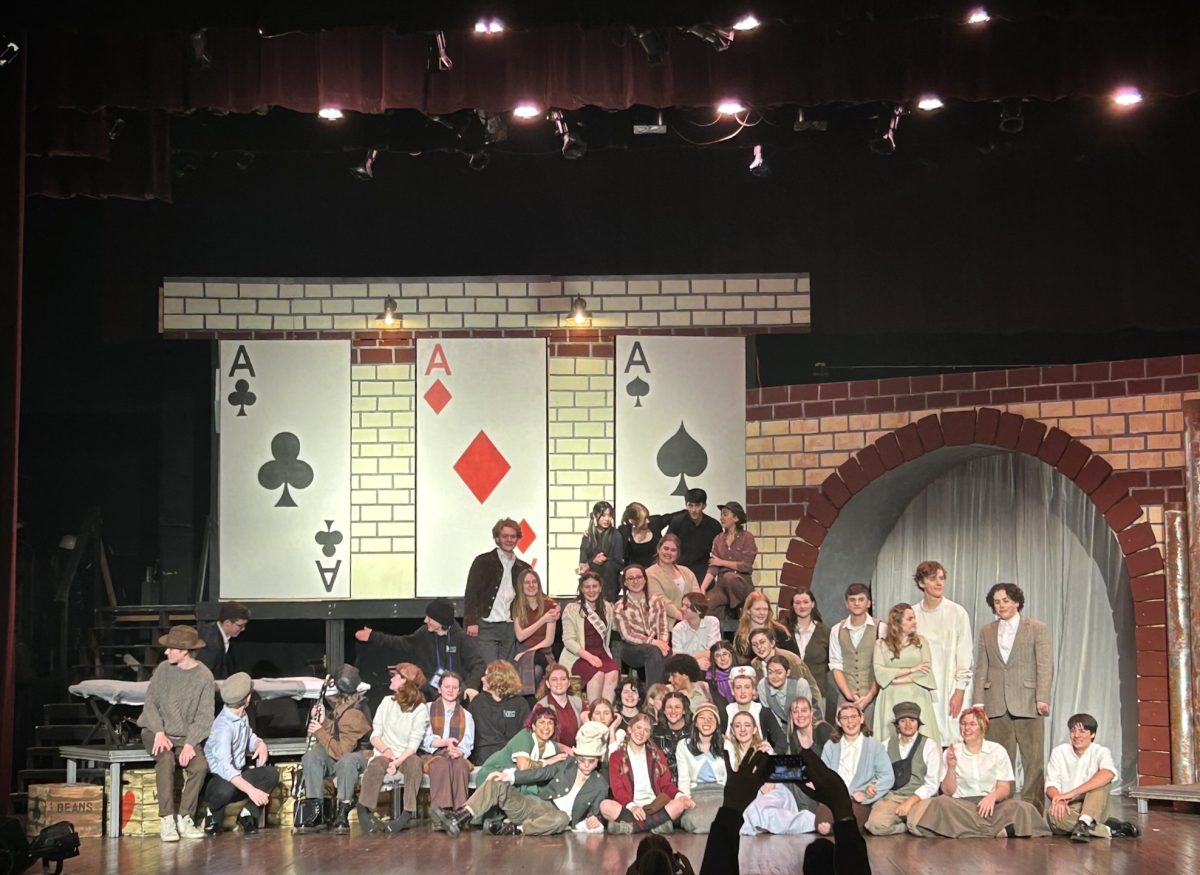

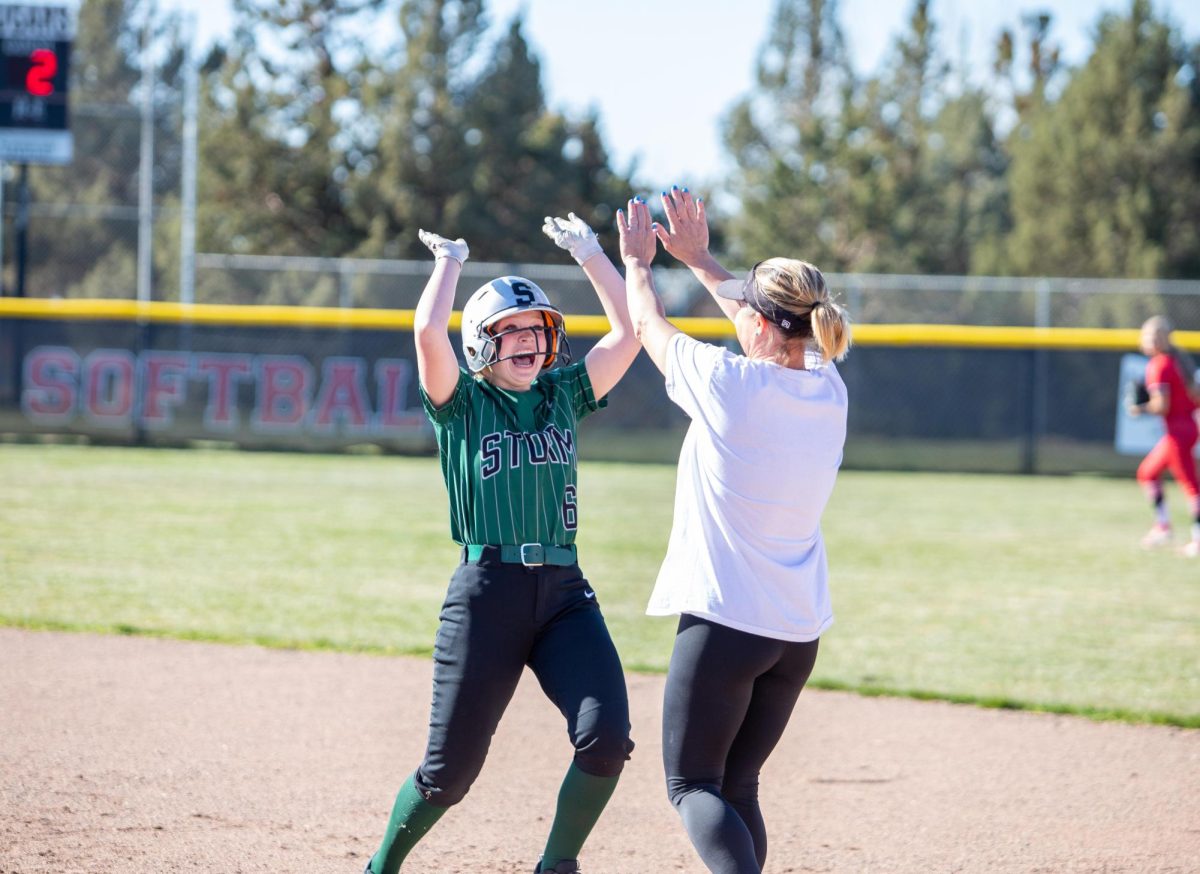
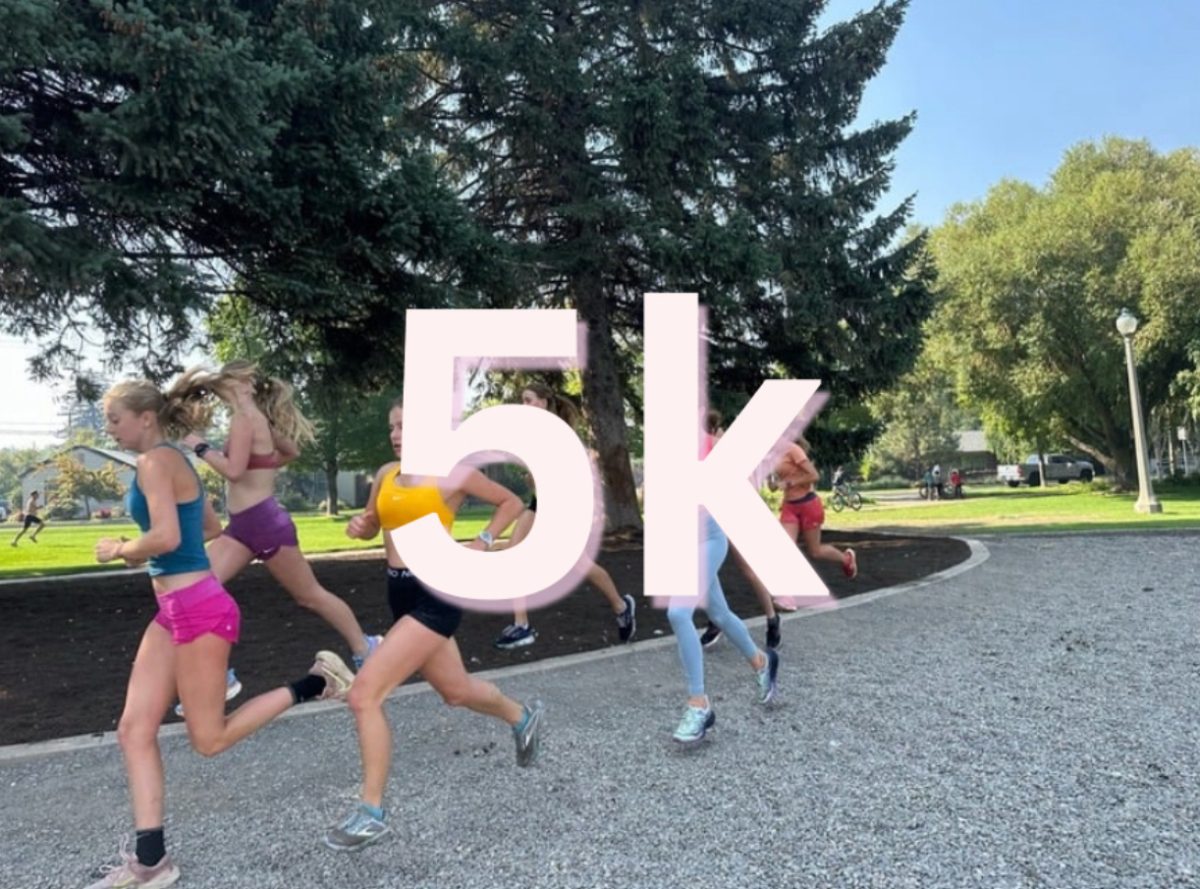

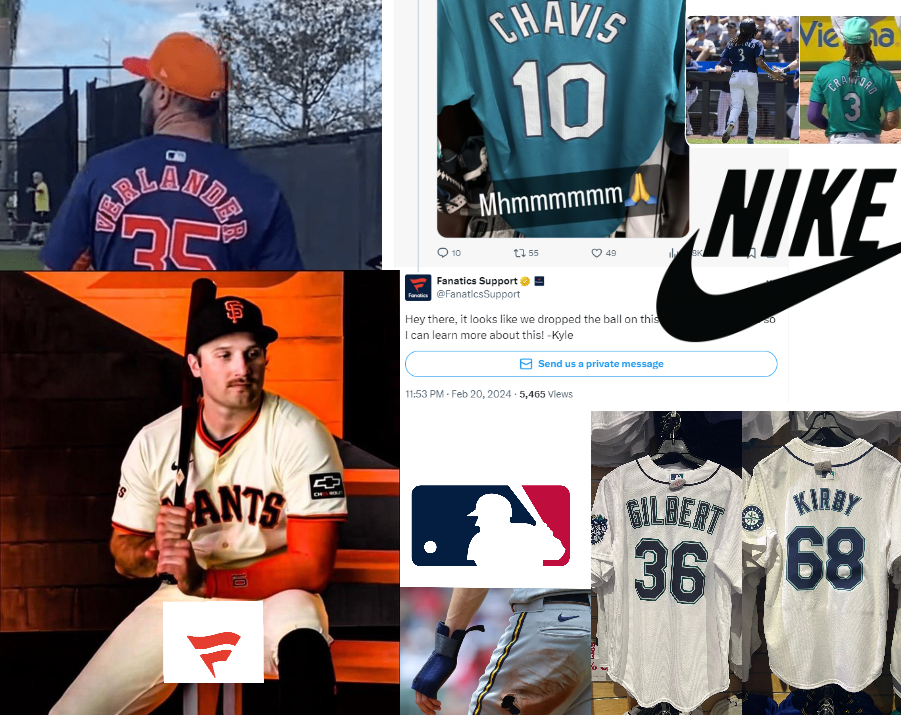

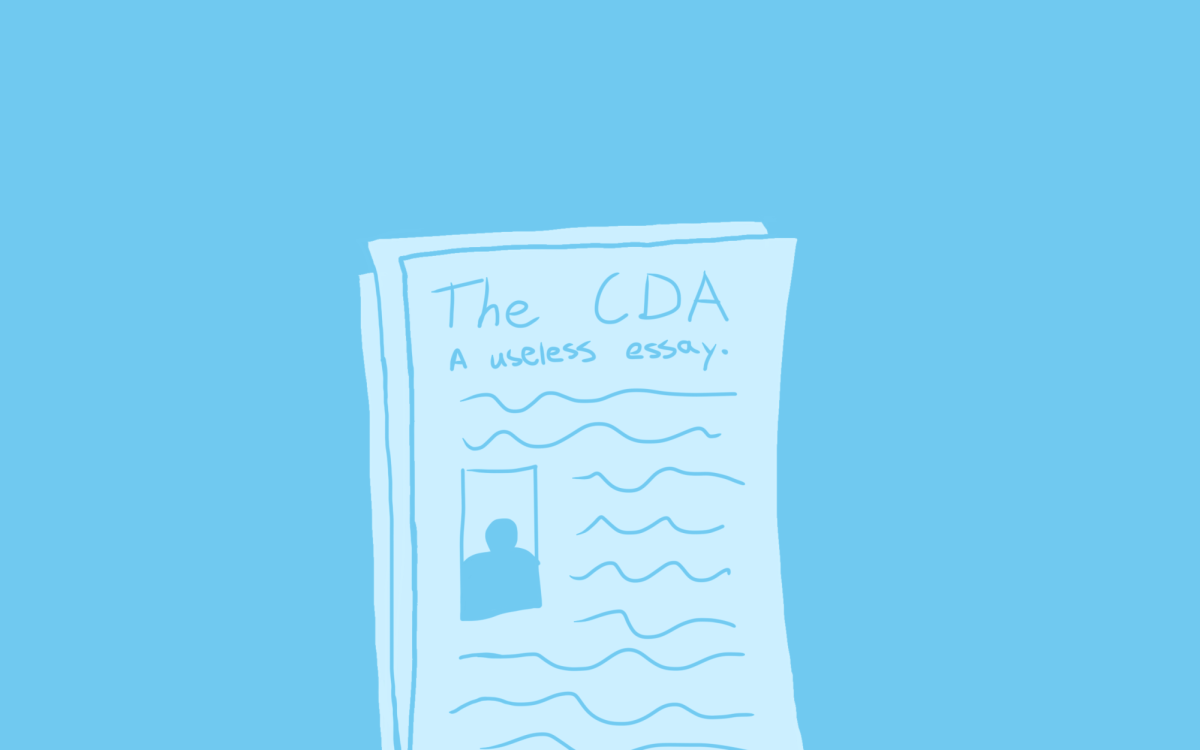

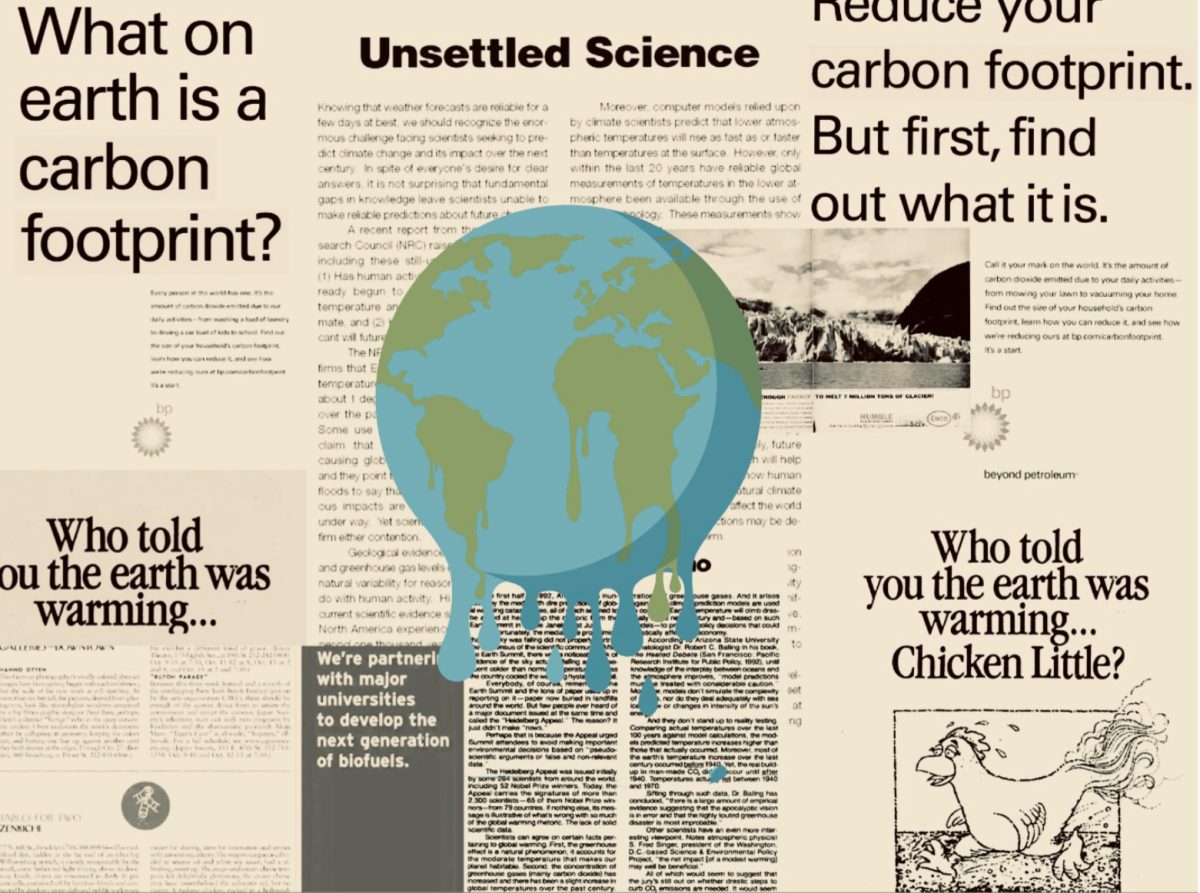
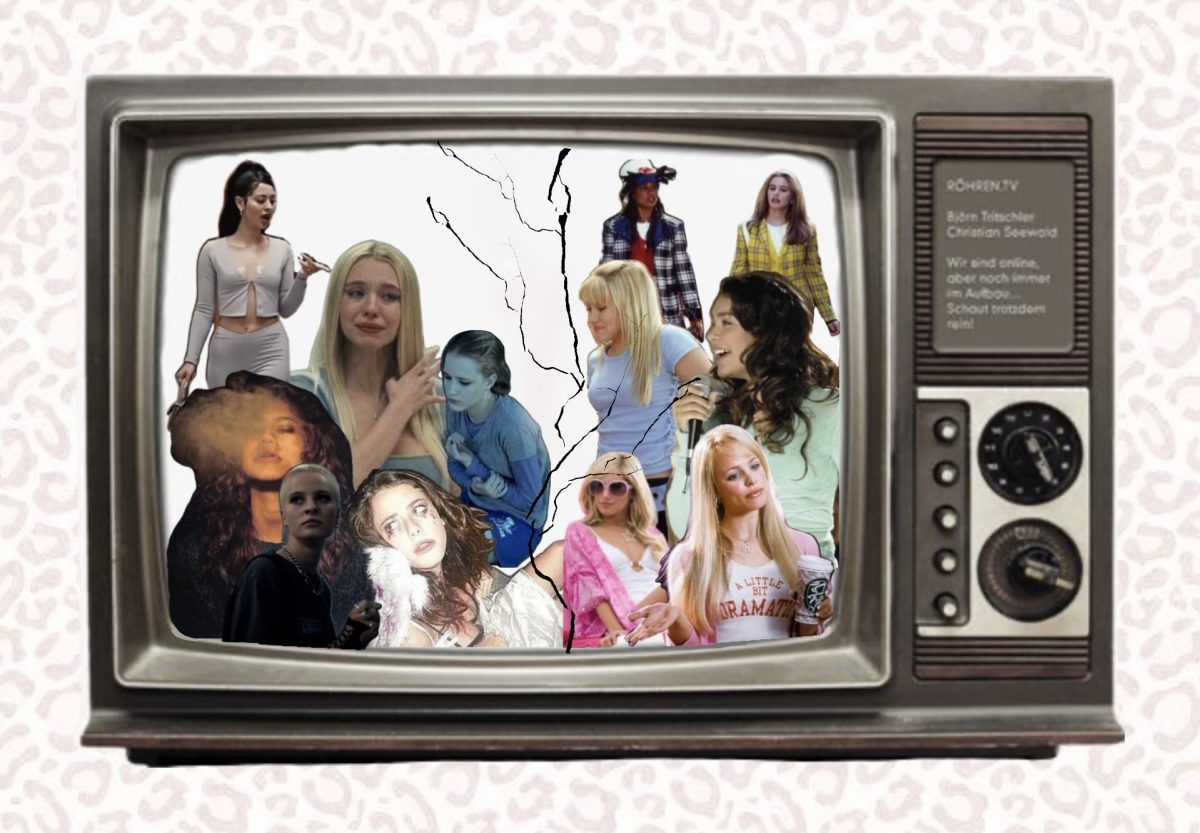


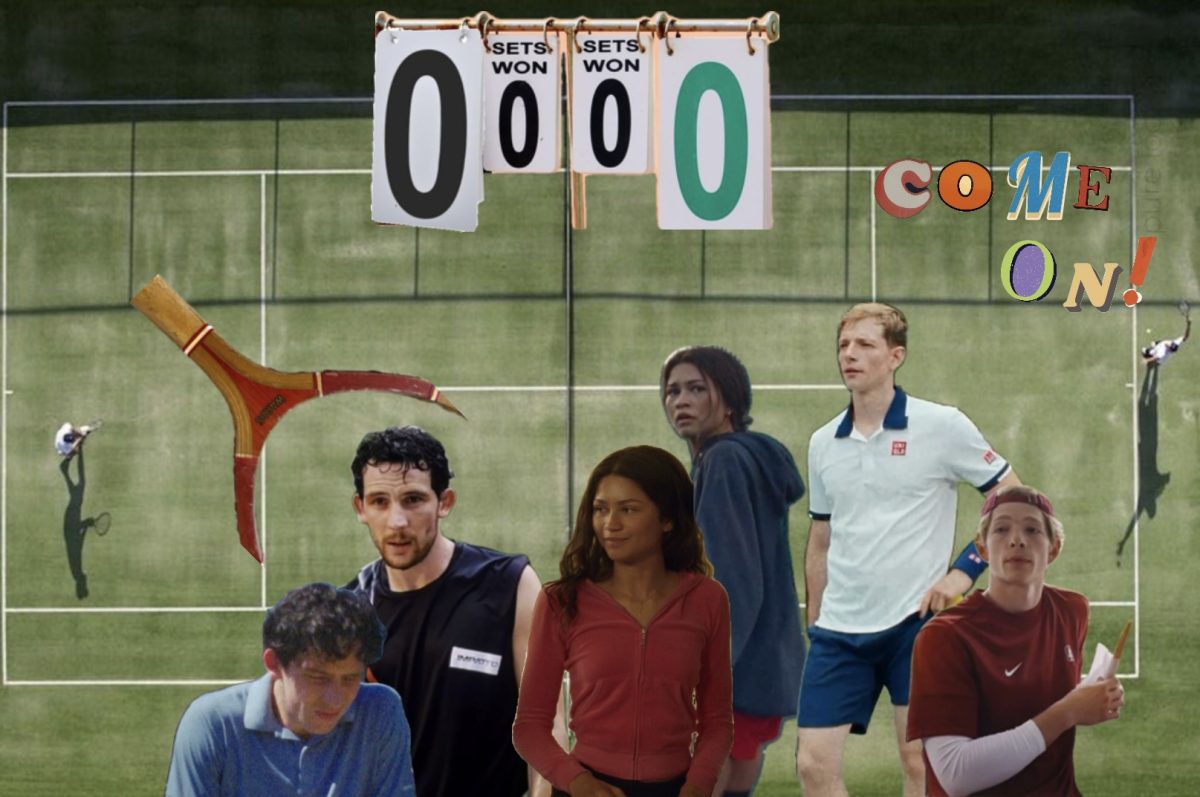
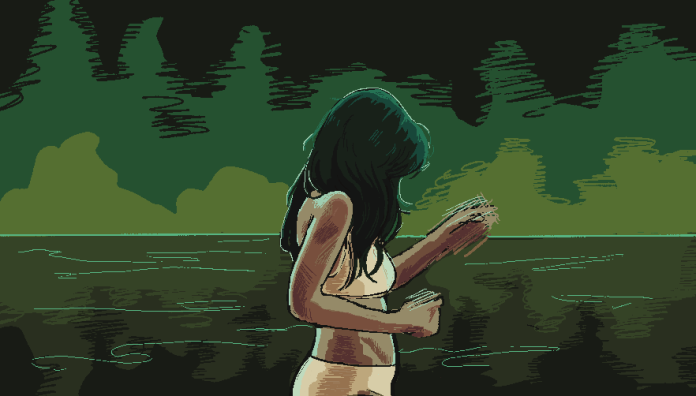
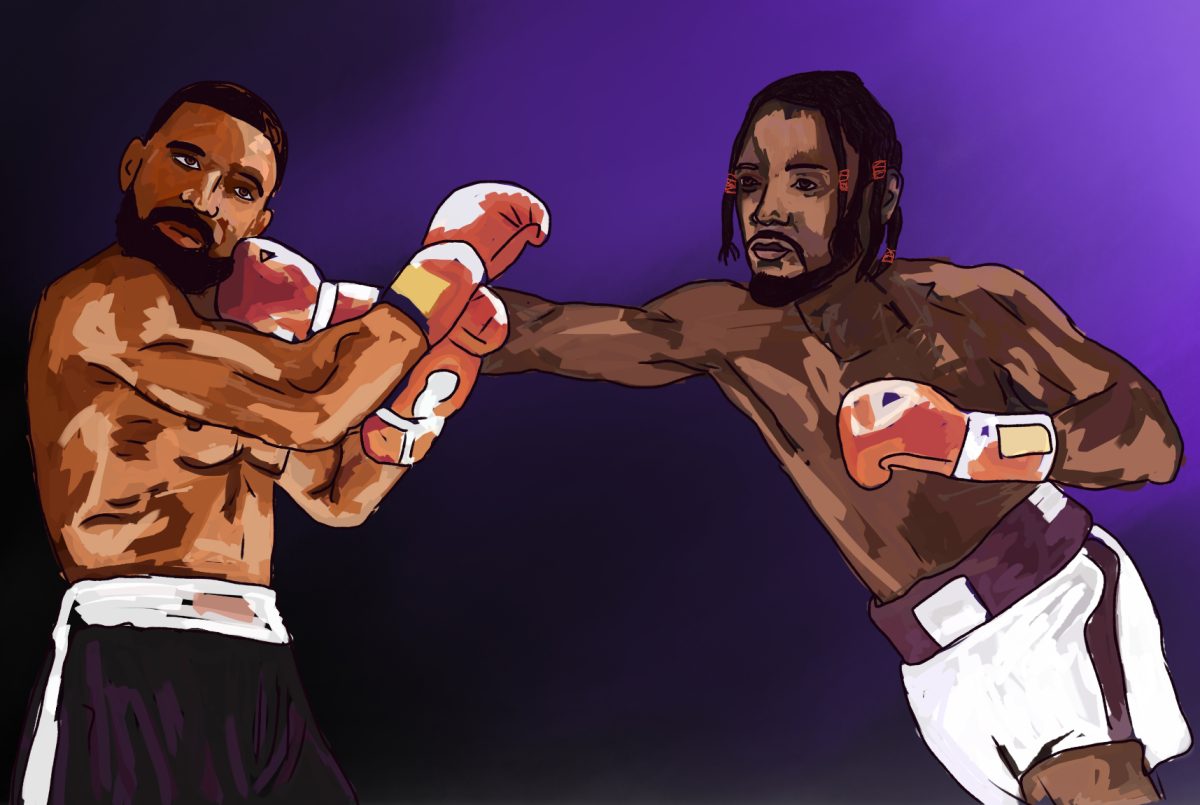
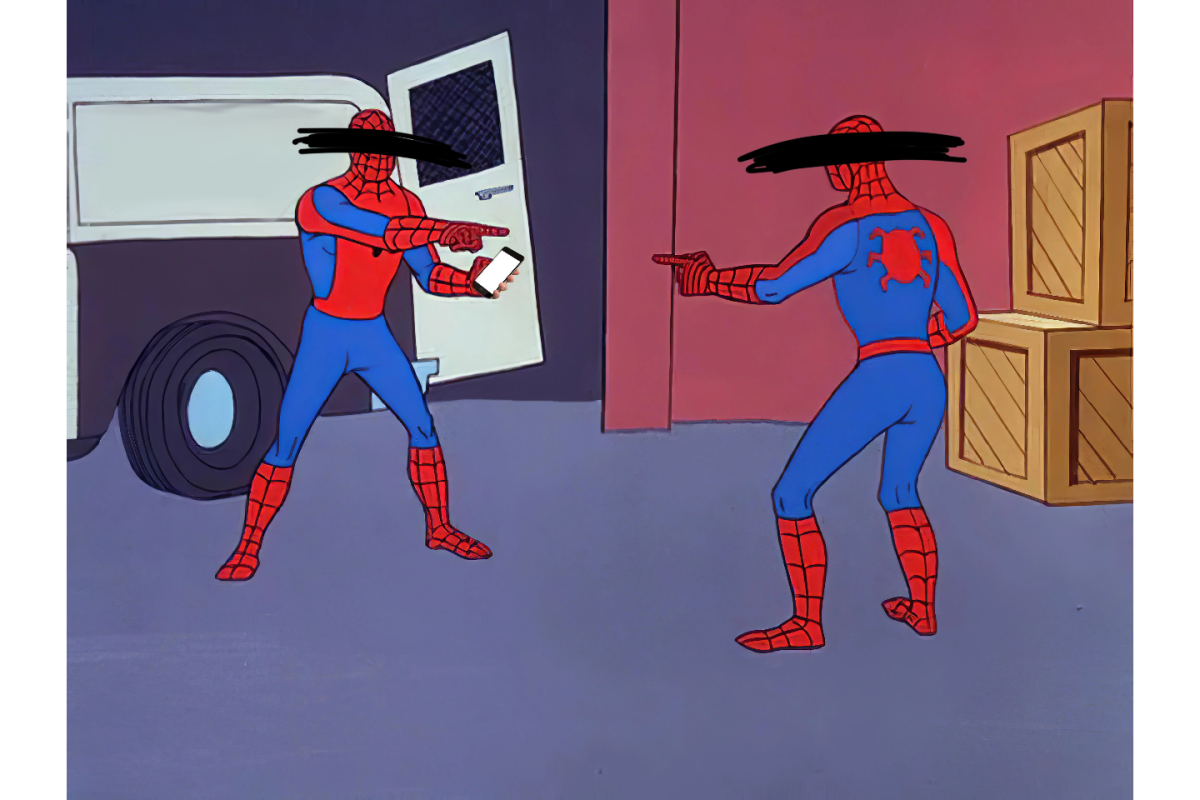
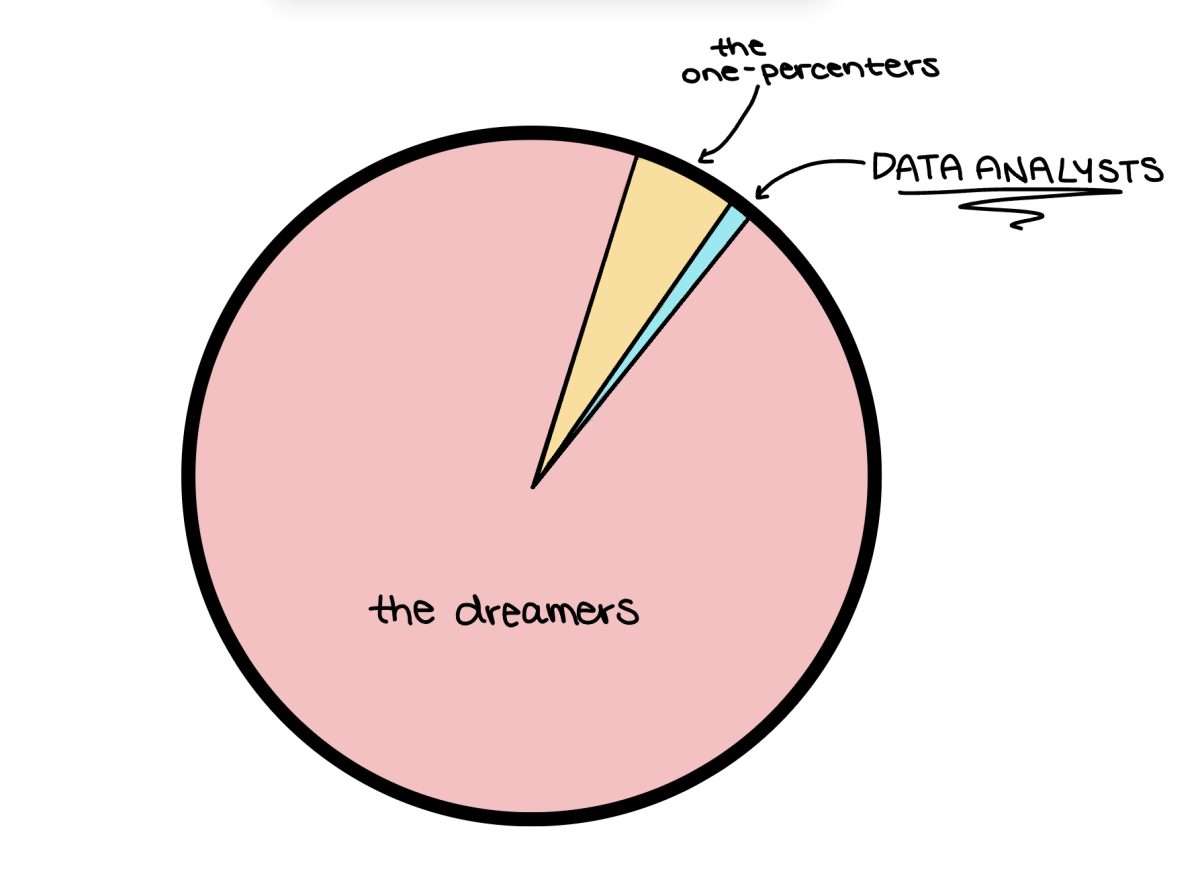

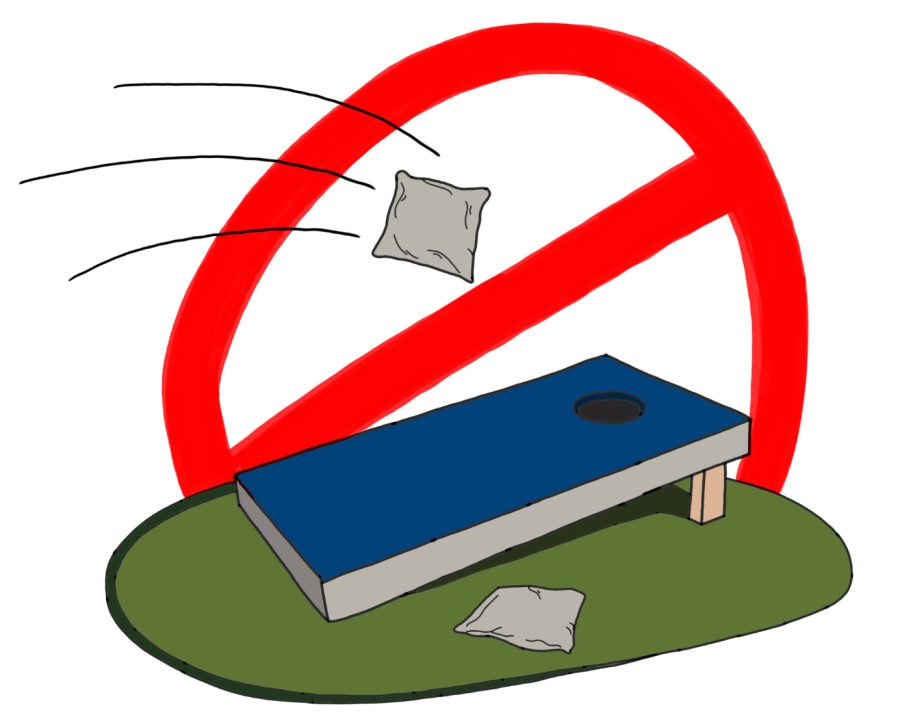




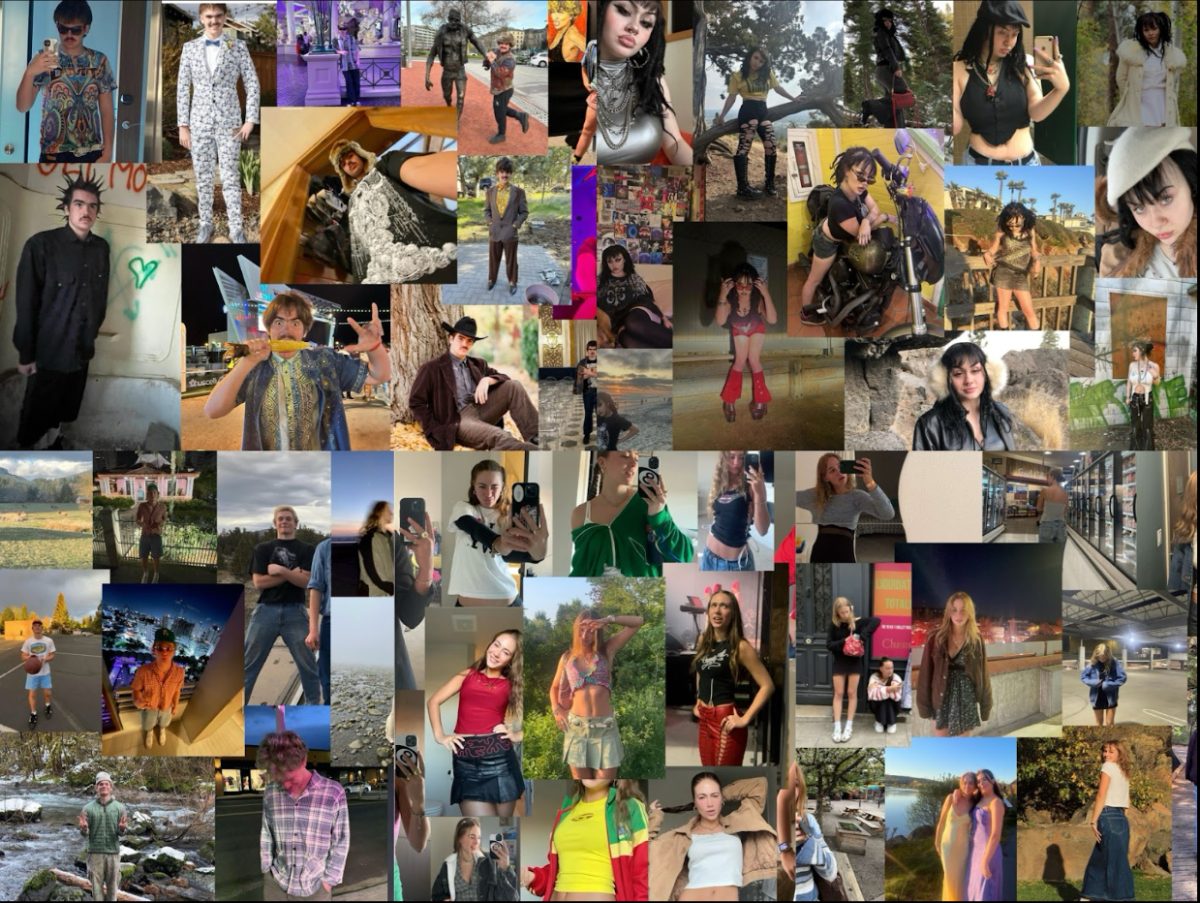
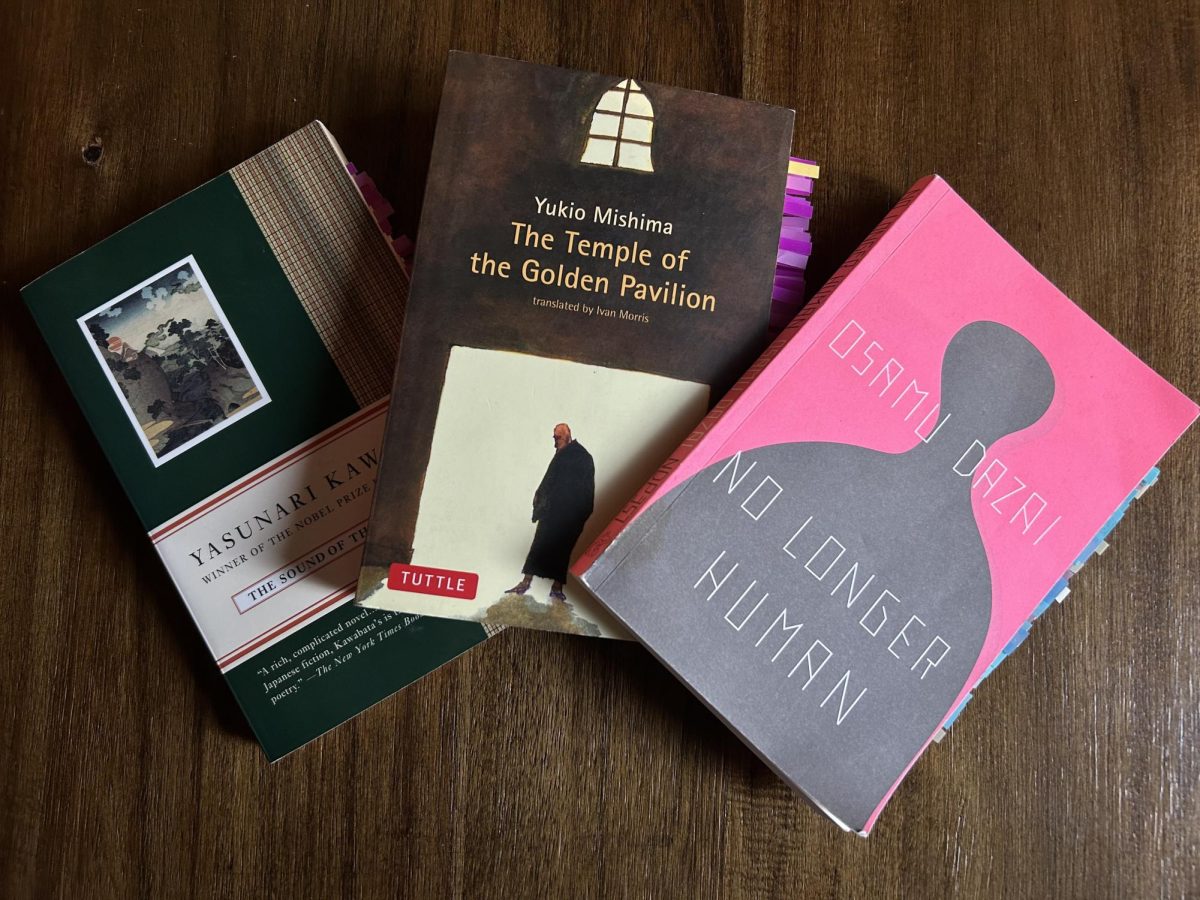
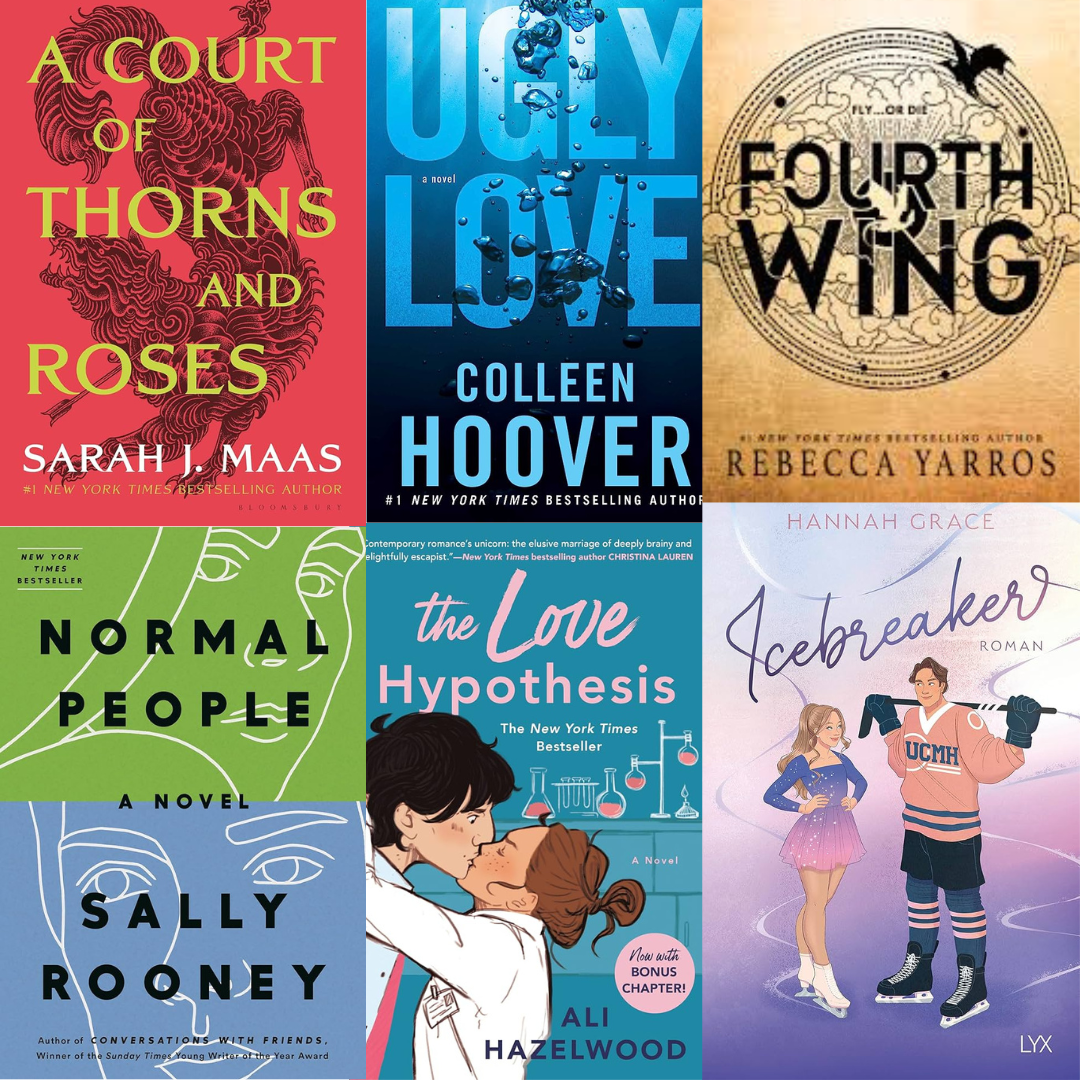
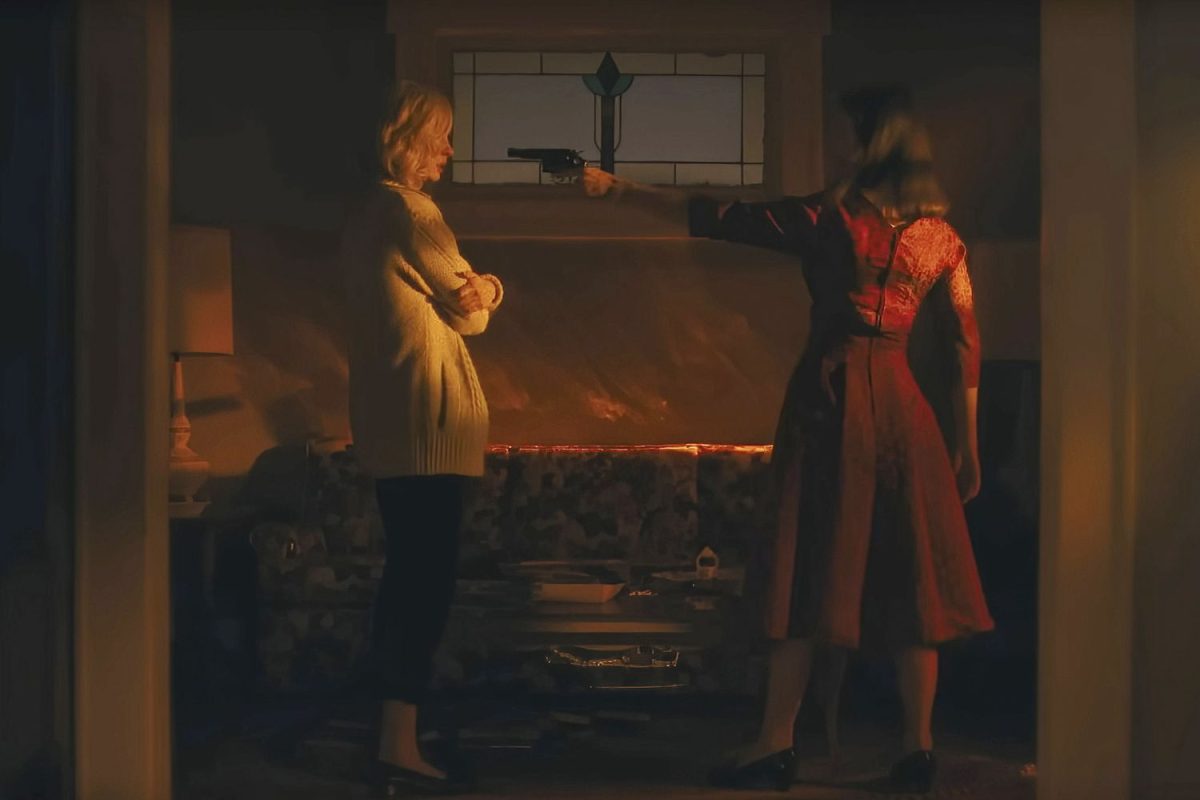

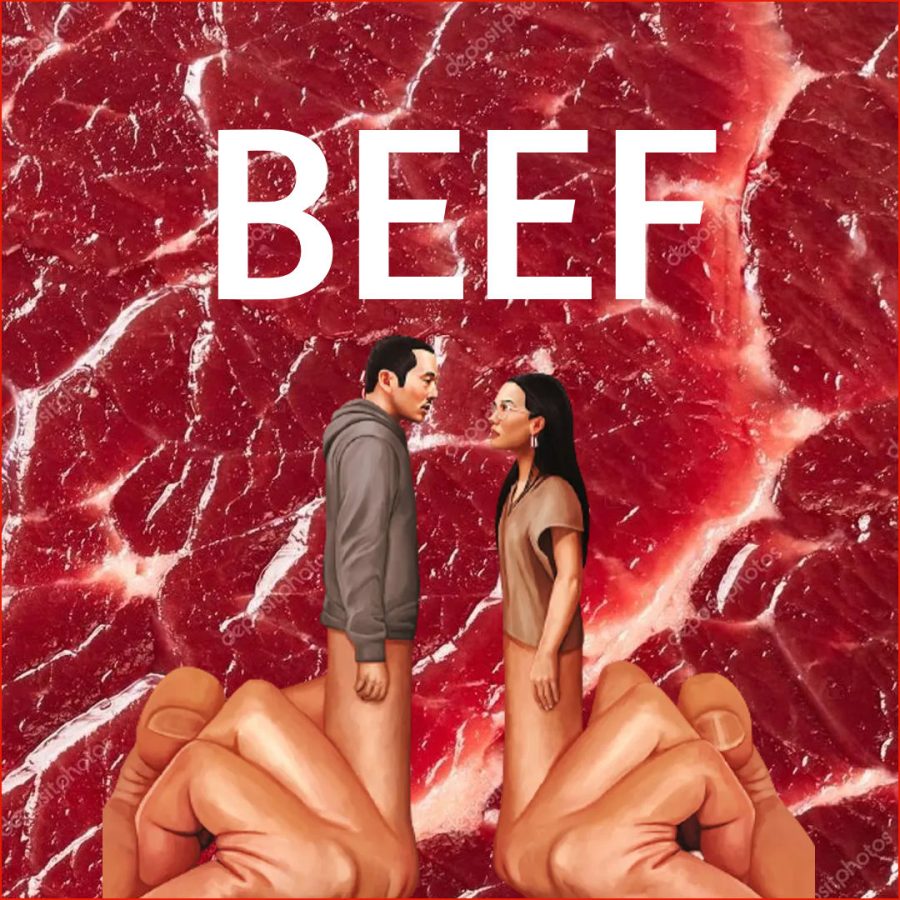
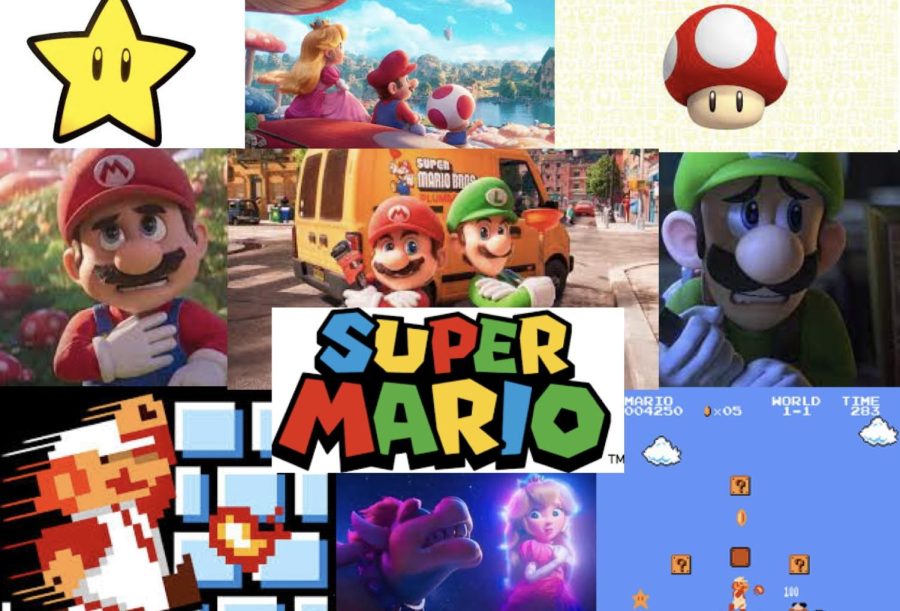

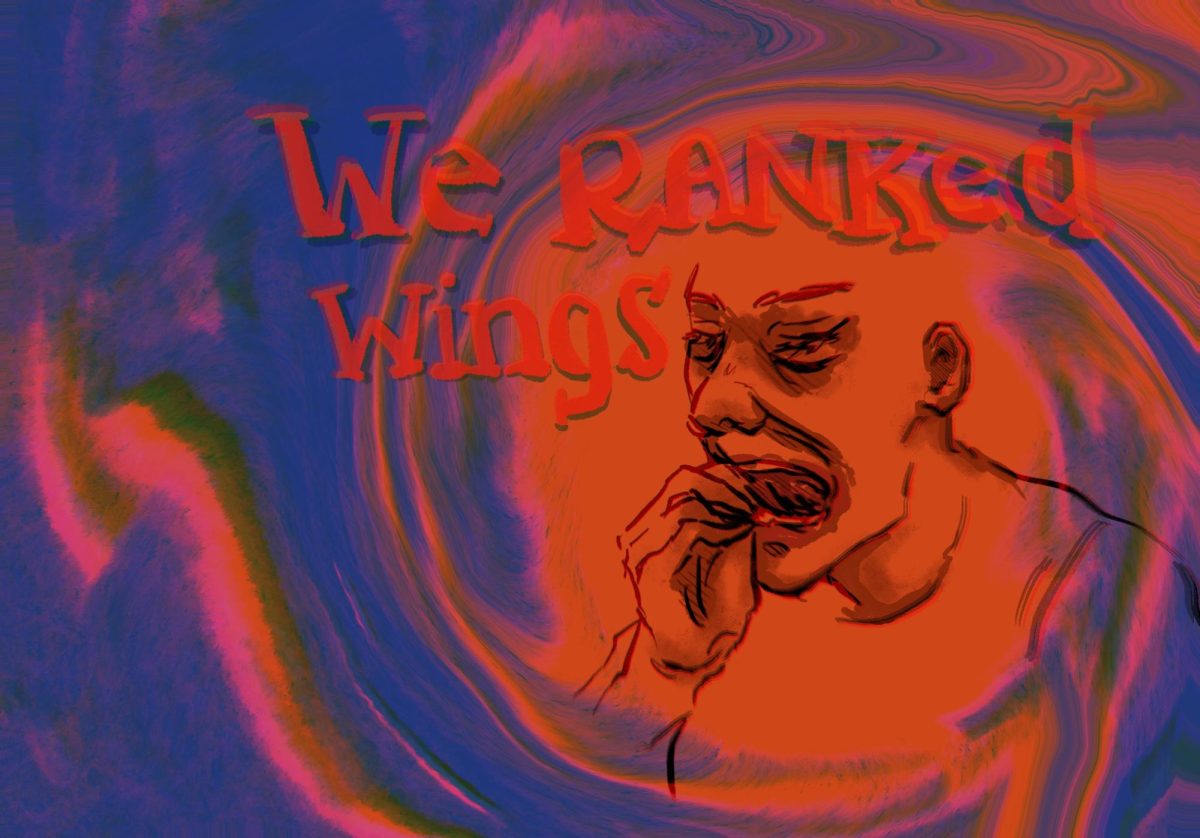




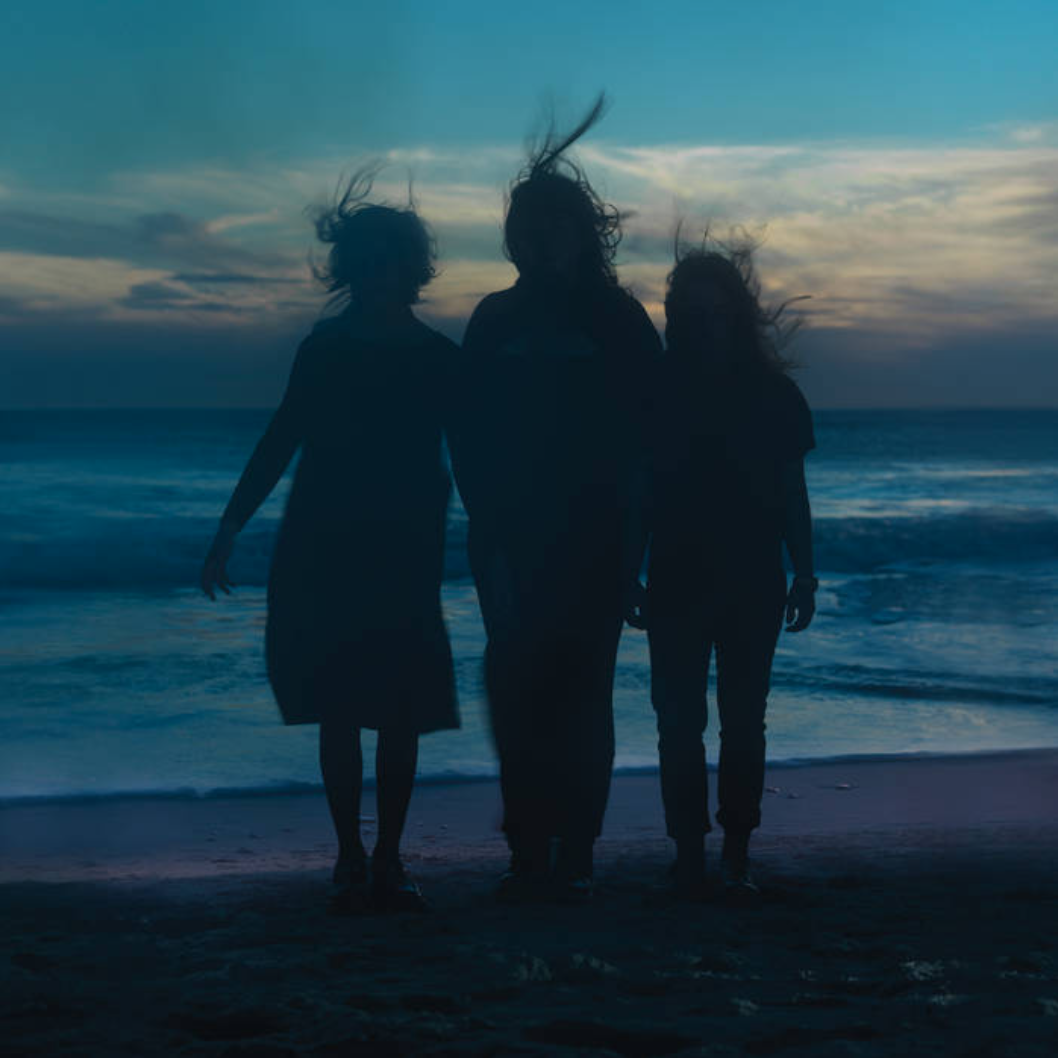
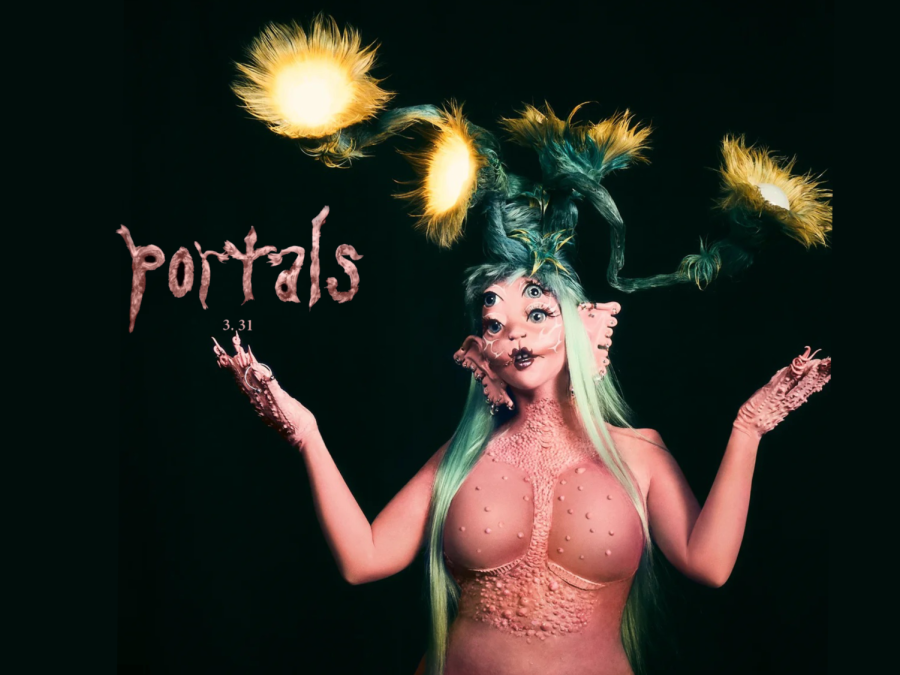
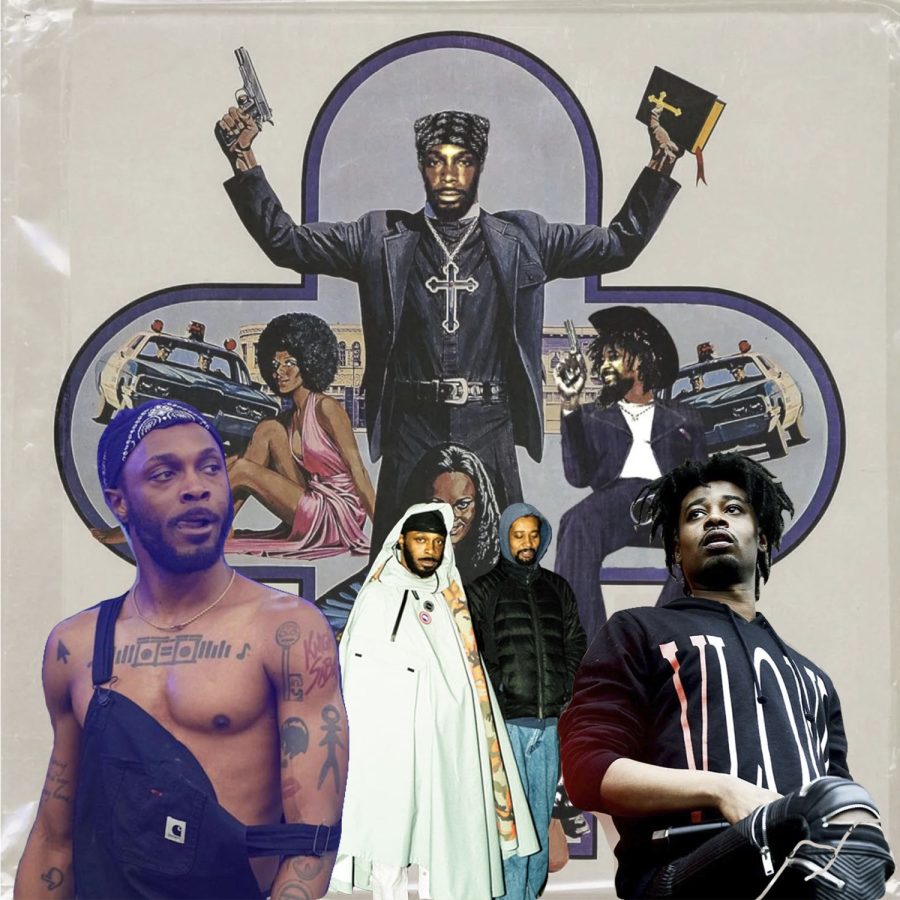

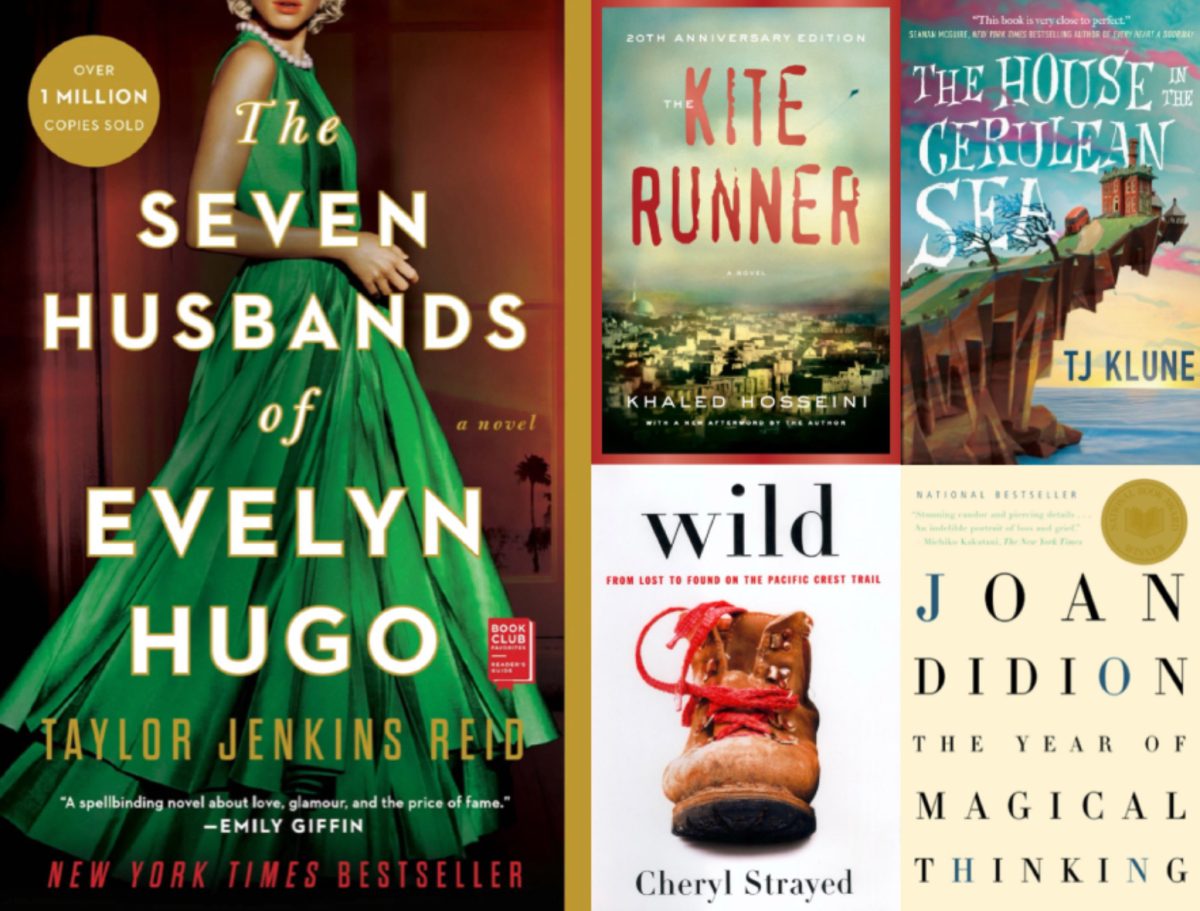
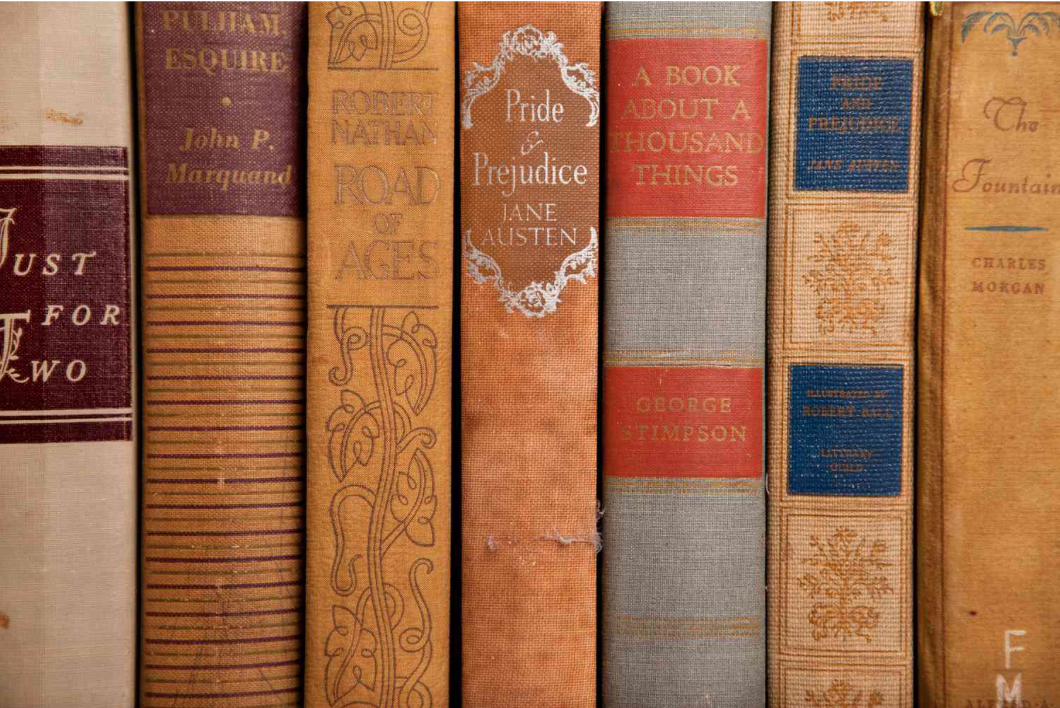

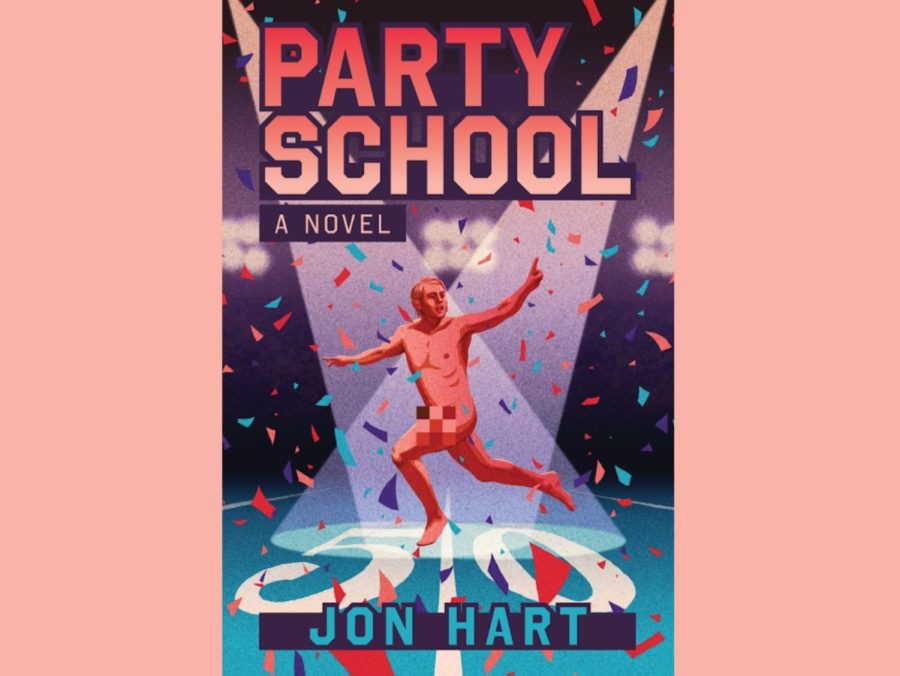
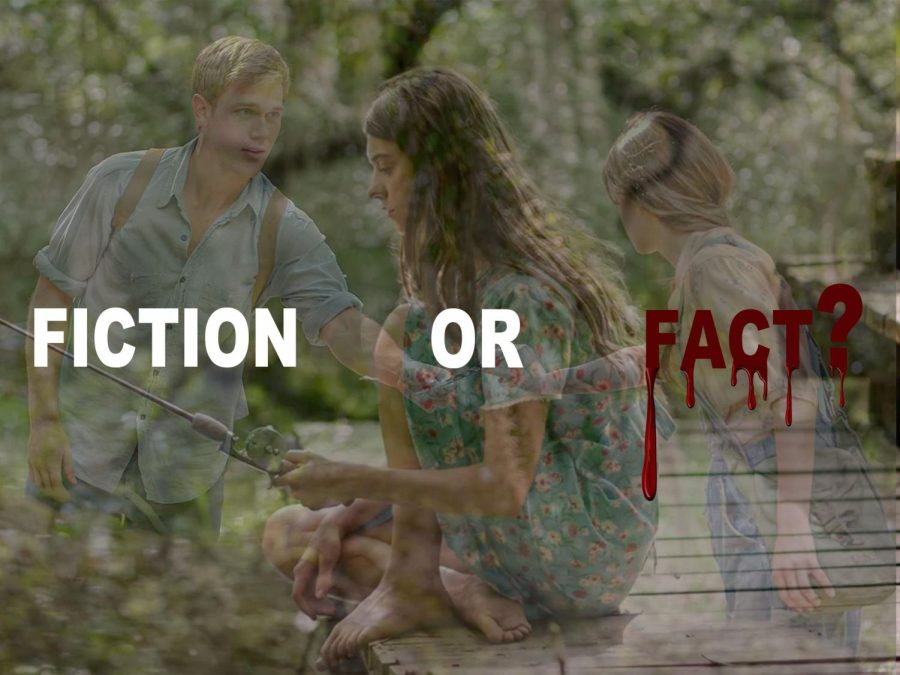
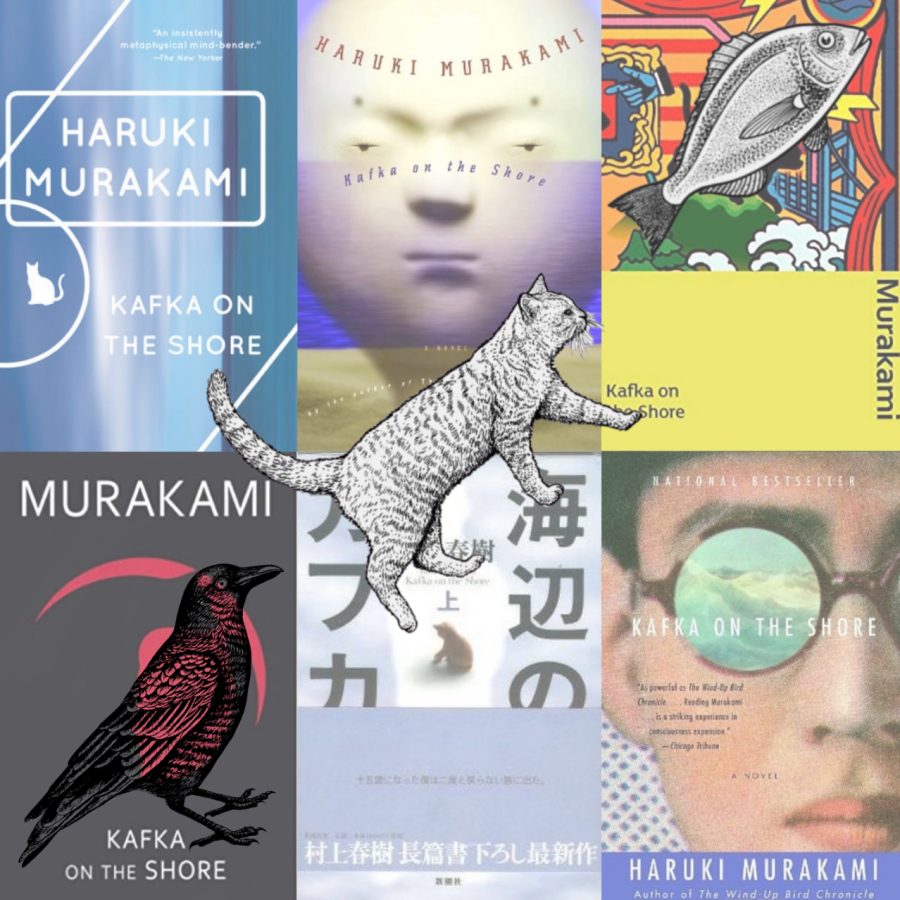
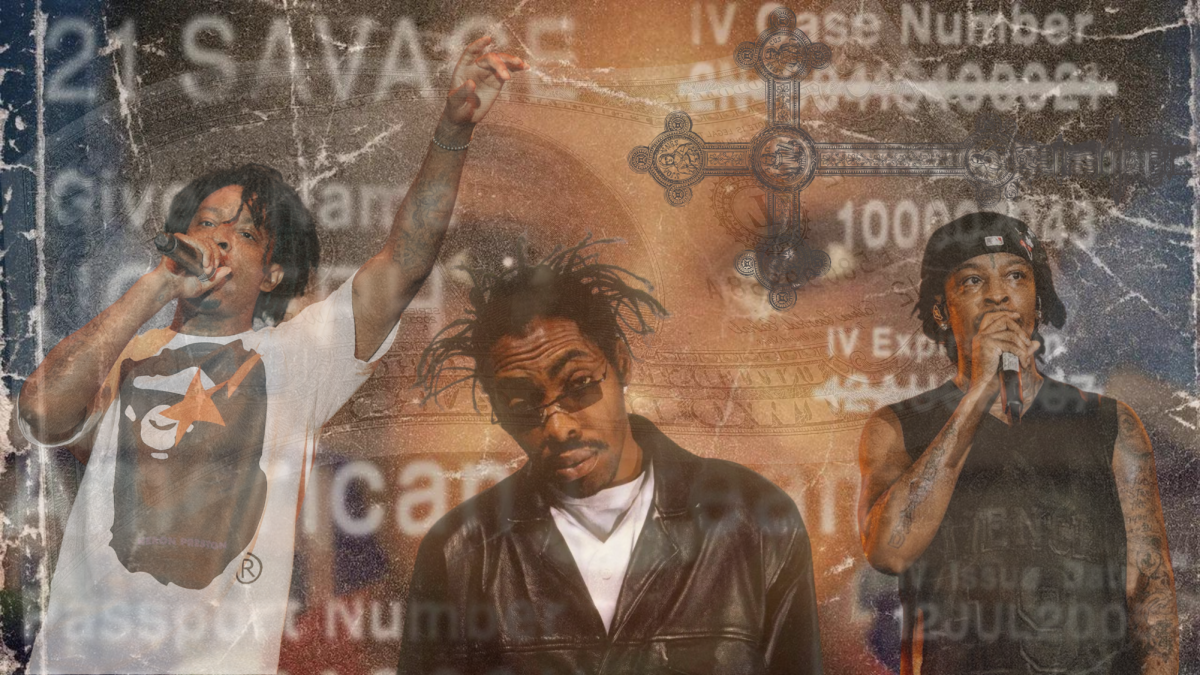

dakota b • Mar 21, 2024 at 11:48 am
thank you for doing the impossible (aka reading mostly horrible books) lina
jason • Mar 19, 2024 at 2:22 pm
this sounds like it was reviewed by someone who has never had romantic experience & only reads pretentious dude books
Anonymous • Mar 21, 2024 at 11:53 am
okay jason… if that even is your real name
Wes' number one fan, west is best • May 3, 2024 at 5:25 pm
JASON IS A HOT BRO NAME